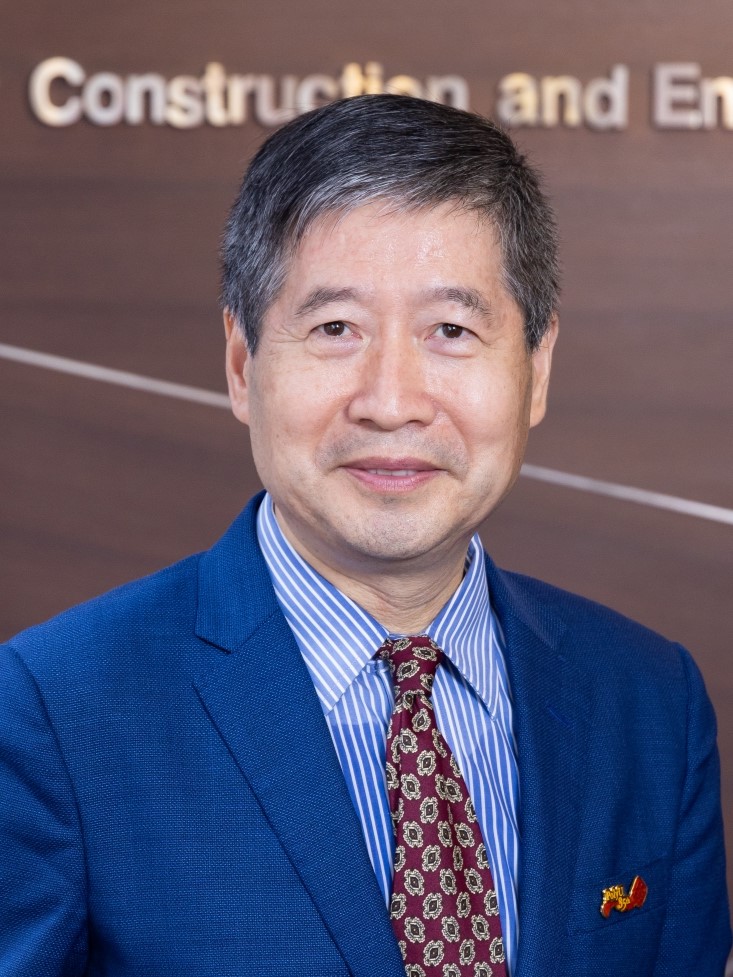Prof. LI Xiang-dong
The Hong Kong Polytechnic University

Prof. LI Xiang-dong is Dean of the Faculty of Construction and Environment (FCE), Director of the Research Institute for Sustainable Urban Development (RISUD), Chair Professor of Environmental Science and Technology and Ko Jan Ming Professor in Sustainable Urban Development, of The Hong Kong Polytechnic University.
Prof. LI obtained BSc in Earth Sciences and MSc in Geochemistry from Nanjing University, and PhD in Environmental Technology from Imperial College London. His major research interests include regional environmental pollution, urban environment and health, and remediation of contaminated soils. His recent research projects have mainly focused on environmental changes in rapidly developing regions. Prof. LI’s research team has been engaged in the study of trace metals, organic pollutants and antimicrobial resistance (AMR) in atmospheric particles, soils, sediments, and biological samples, including their impacts on human health and ecological systems. He has been the principal investigator of numerous research projects funded by Research Grants Council (RGC), UGC Area of Excellence Scheme, and National Science Foundation of China (NSFC). He has published more than 250 papers, mostly in leading international journals. More than ten of his publications have been listed among the top 1% most cited papers in Environment/Ecology by the WoS databases. His current research topics consist of the environmental loadings and implications of emerging contaminants in surface environments, and the emissions, transport and environmental fate of metal and organic pollutants. He is an Associate Editor of Environmental Science and Technology (ES&T) and Deputy Editor of ACS Environmental Au. Prof. LI was honoured with the Clair C. Patterson Award 2022 in recognition of his innovative and dynamic work in environmental geochemistry, including research in the fields of regional contamination, urban air PM2.5 pollution, and the origin and dissemination of antimicrobial resistance.